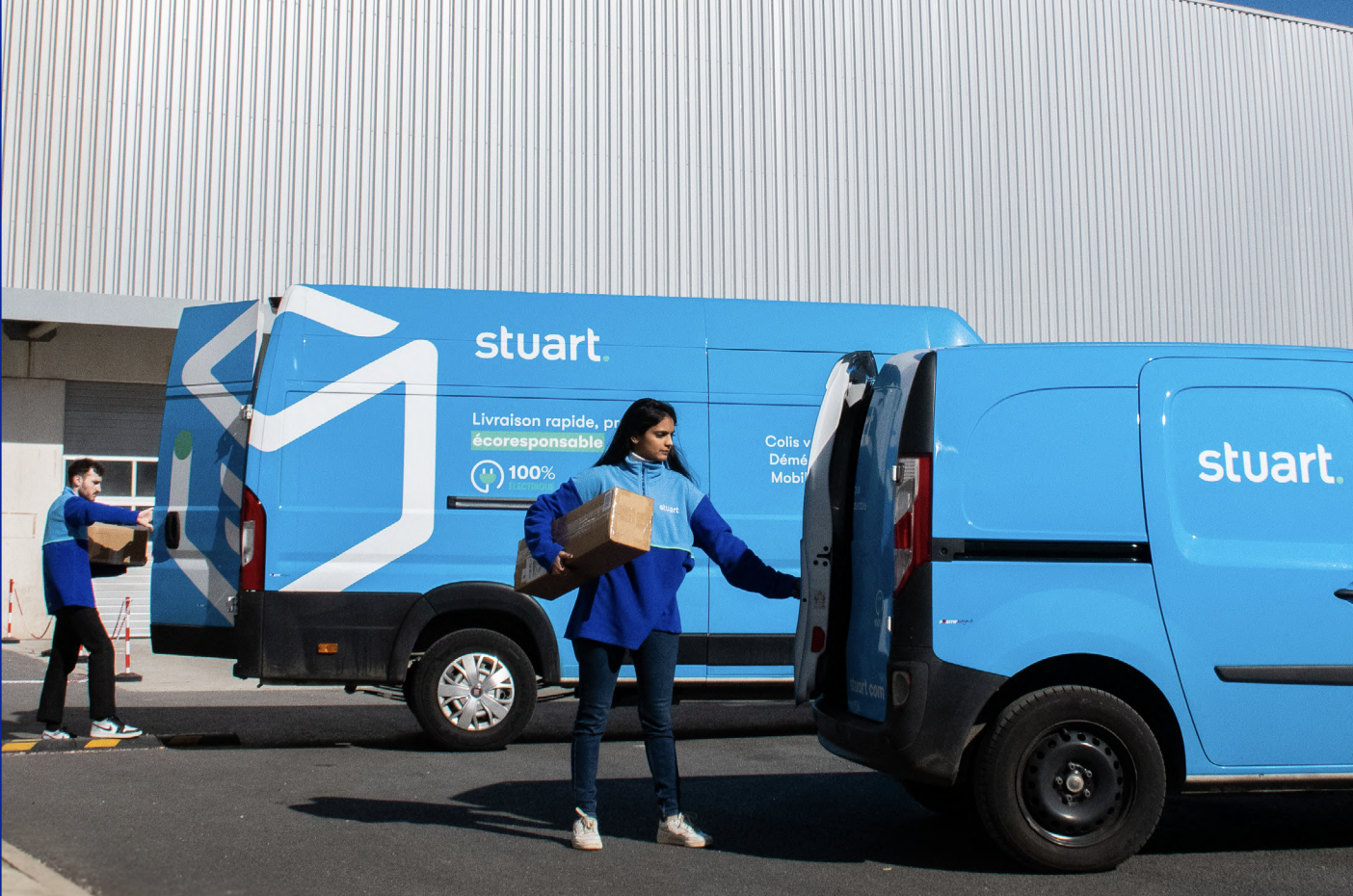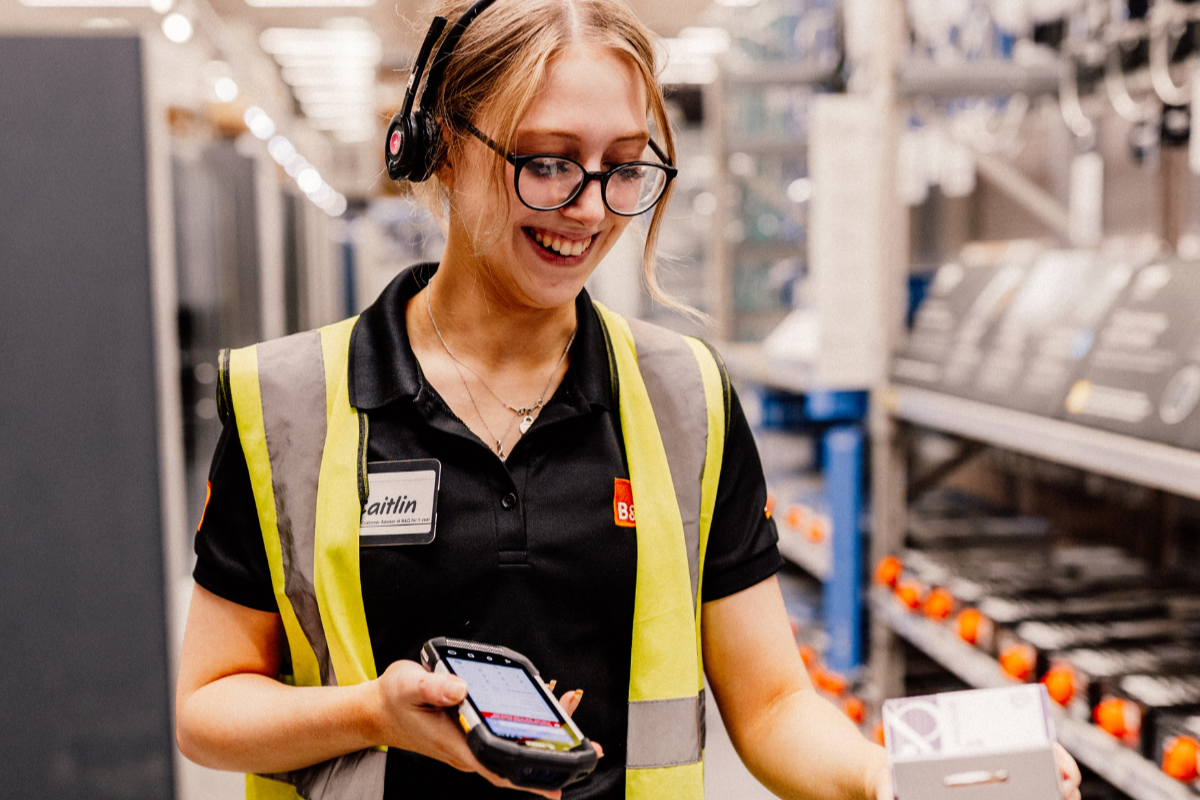Low or zero emissions vans can now become “the norm rather than the exception” for the logistics providers that deliver ecommerce orders, following a concession from the Department for Transport (DfT), according to an industry body that represents those providers.
The FTA, representing 17,000 logistics businesses, says that the DfT has responded to its advice to offer payload concessions to those that operate alternatively-fuelled vans. This, it says, will mean that zero emission vans are now are more viable option for logistics businesses, enabling them to fast-track their adoption.
James Firth, head of road freight regulation at the FTA, said: “Our members are committed to transitioning to low or zero emission vehicles, but with their propulsion systems and fuels far heavier than those of petrol and diesel, operators were left in a difficult position. They were forced to either lose payload or use heavier vehicles, which incur the expense of tighter regulatory regimes in relation to driver and operator licensing. These limitations were preventing operators from investing in green vehicle technology; they were a clear barrier to the adoption of low and zero emission vans.
“This may be the first time the government has given transport operators a tangible operational advantage through investing in greener technology. Relying on ‘nice-to-have’ gestures will not drive the business decisions that need to be made to bring these vehicles into mainstream operations. The guidance will fuel interest in the alternatively-fuelled commercial vehicle market; hopefully it will pave the way for such vehicles to become the norm rather than the exception.”
The FTA says that in July 2018, the government laid legislation which allowed a holder of a category B driving licence (allowing a driver to drive cars and vans up to 3.5t) to drive alternatively fuelled vehicles up to 4.25t, provided they had undertaken a further five hours of training. In September 2018, new legislation put these vehicles out of the operator licensing framework. But new guidance released this week shows how operators can take advantage of the new concession.









